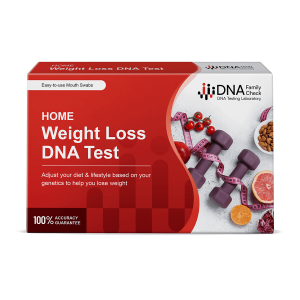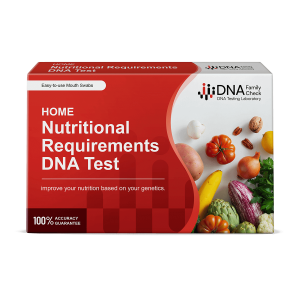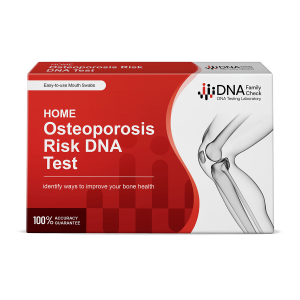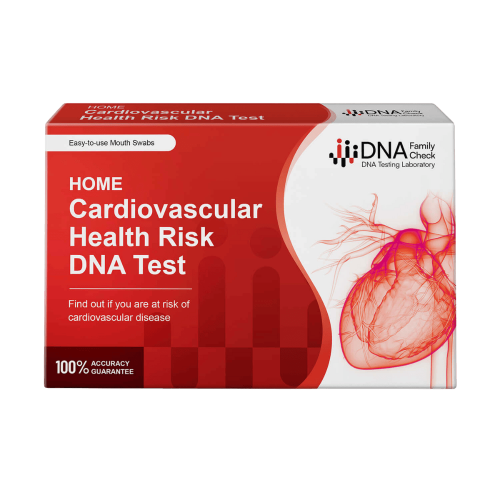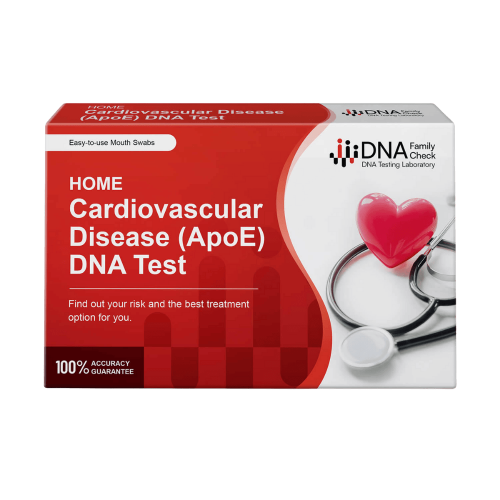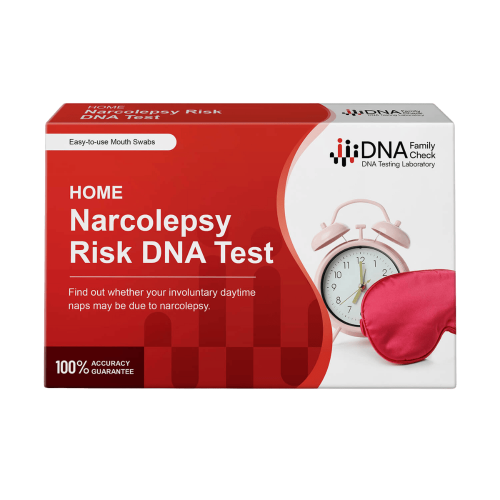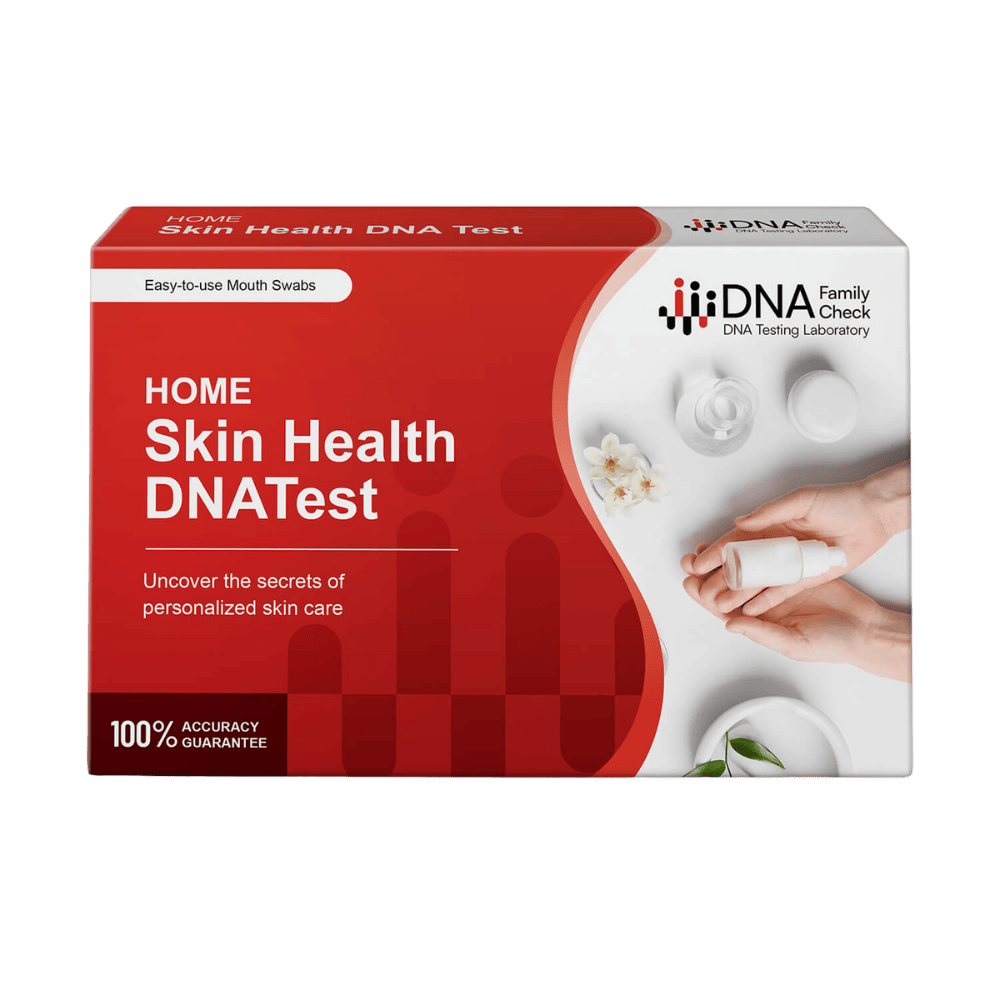

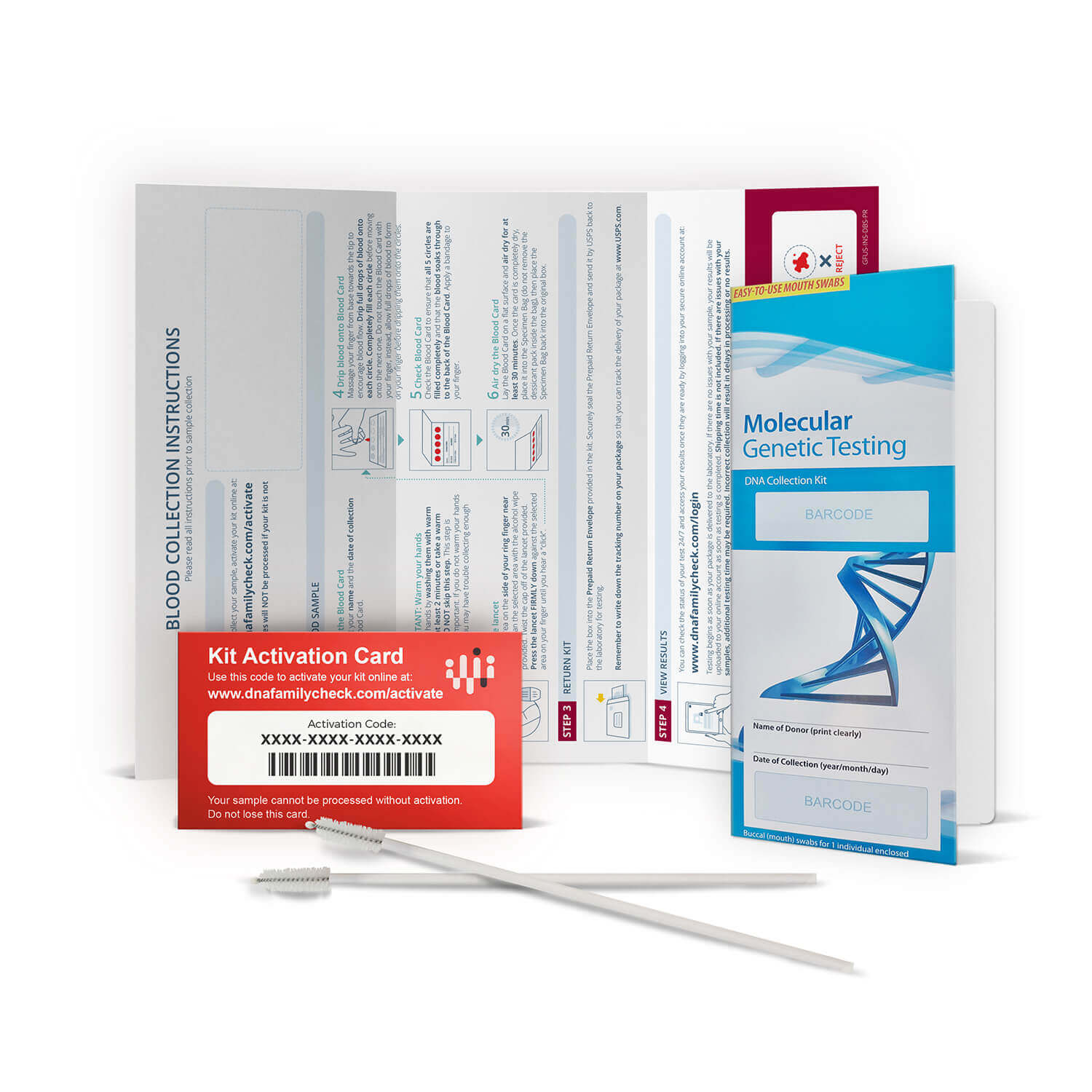
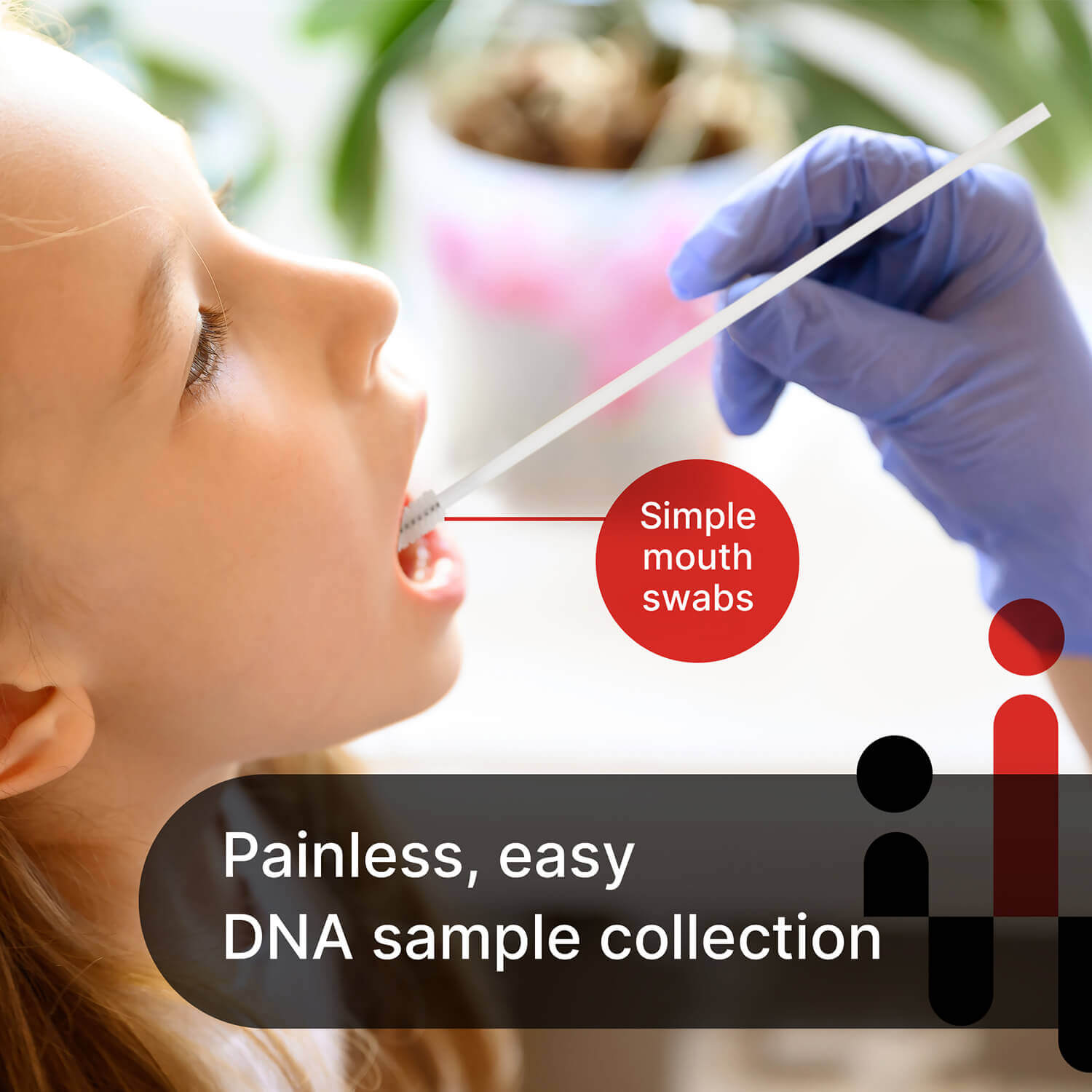
Skin Health DNA Test
$249.00
The Skin Health DNA Test offers a personalized approach to skincare by identifying genetic variants that influence your skin’s health and appearance. This test examines genes related to collagen production, skin hydration, elasticity, and susceptibility to environmental damage. Whether you’re concerned about wrinkles, sun damage, or skin sensitivity, this test provides guidance for a personalized skincare routine.
- Discover how your genes affect your skin’s health and appearance.
- Easy at-home cheek swab collection for convenience.
- Secure, private online access to your results.
Summary
Skin Health DNA Test
The Skin Health DNA Test analyzes various genes that influence different aspects of skin health and aging. By examining these genetic factors, the test provides insights into your predispositions for various skin conditions and traits, empowering you to make informed decisions about your skincare routine.
Genetic Variants Tested
- MMP1 and MMP3: These genes are associated with collagen breakdown. Variants in these genes can lead to faster degradation of collagen, resulting in premature skin aging, reduced elasticity, and the formation of wrinkles.
- GLO1: Variants in this gene are linked to glycation protection. Glycation is a process where sugar molecules bind to collagen and elastin, causing the skin to lose its firmness and elasticity. Genetic variants affecting this pathway can influence how well your skin is protected against glycation damage.
- GPX1 and NQO1: These genes are involved in protecting the skin from oxidative damage. Oxidative stress, caused by exposure to pollution, UV radiation, and toxins, can accelerate skin aging and increase the risk of age-related skin conditions. Variants in these genes may affect how efficiently your skin neutralizes free radicals.
- IRF4, MC1R, and RALY: These genes are related to the formation of age spots and freckles. Variants in these genes can increase the likelihood of developing pigmentation issues, particularly in response to UV exposure.
- FLG: Variants in this gene are associated with dry skin conditions such as eczema and ichthyosis vulgaris. Defects in the FLG gene can impair the skin’s barrier function, leading to chronic dryness and susceptibility to irritants.
- HLA-C, IL23R, MTHFR, TNFAIP3, TNIP1, IL12B, IL13, and LCE3D: These genes are associated with psoriasis risk. Variants in these genes can increase the likelihood of developing this chronic inflammatory skin condition, which is characterized by red, scaly patches on the skin.
- HLA: Variants in the HLA gene are linked to rosacea, a common skin condition that causes facial redness and visible blood vessels.
- ACE and HIF1A: These genes are linked to the formation of cellulite. Variants in these genes may influence how prone your skin is to developing cellulite, which is caused by the accumulation of fat beneath the skin, leading to a dimpled appearance.
- ELN: Variants in this gene are associated with stretch marks. Genetic changes in ELN may increase the likelihood of developing stretch marks, especially during periods of rapid growth or weight gain.
- MTHFR: Variants in this gene are associated with varicose veins. Deficiencies in MTHFR can lead to poor blood circulation, increasing the likelihood of developing varicose veins, which appear as enlarged, twisted veins close to the surface of the skin.
How it works

Collect

Ship

Results
Benefits
Convenience
No Hidden Fees
Fast & Accurate
Secure Online Access
About
Why DNA Family Check?
With over 20 years of experience and a proven track record, DNA Family Check is the trusted leader in relationship DNA testing. Our high-volume accredited laboratory has helped millions of families worldwide find answers and resolve questions about their relationships. As pioneers in the industry, we were one of the first to introduce the easy cheek swab method that's now the industry standard.
With our longstanding commitment to excellence and innovation, it's no wonder we're America's #1 choice for paternity answers. Our accredited laboratory is dedicated to providing accurate, reliable, and confidential results, ensuring that families receive the truth they need to move forward. With DNA Family Check, you can trust that you're in good hands.
